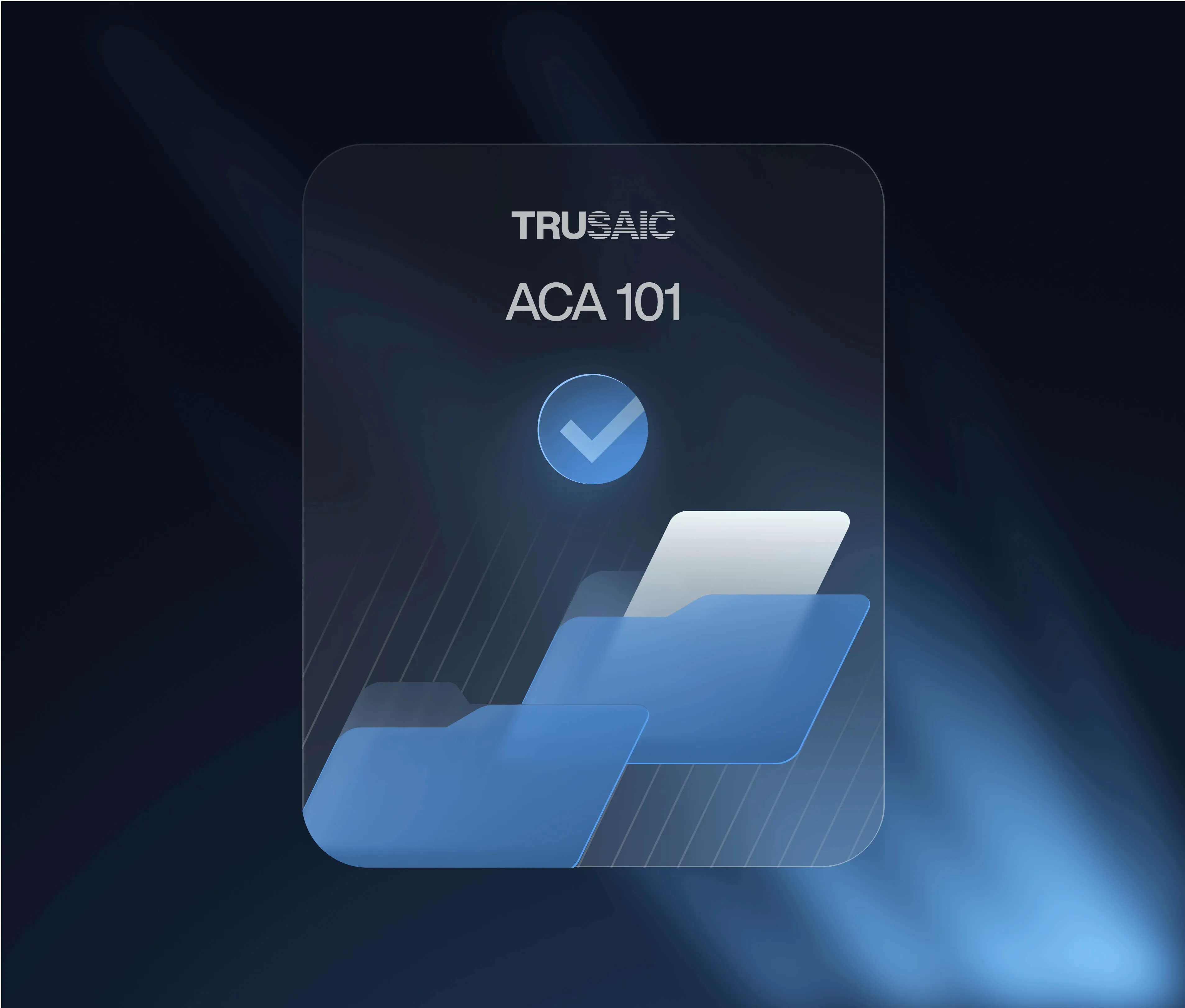The New Jersey state legislature passed its pay transparency law Sept. 26 that will require employers to provide salary ranges on job postings. The law (SB 2310/A4151), which now awaits signature from Governor Phil Murphy, will take effect six months from its signing.
Gov. Murphy is expected to sign the bill, which will make New Jersey the 12th U.S. state to pass a pay transparency law. New Jersey would join a growing list of U.S. states that require employers to provide salary ranges on job postings. California, Colorado, Hawaii, New York, Washington state, Maryland, and Washington D.C. all currently require salary ranges on job postings.
Illinois, Minnesota, Vermont, and Massachusetts have all passed laws that require salary ranges on job postings that will take effect in 2025. Rhode Island and Nevada require employers to disclose salary ranges to job applicants upon request.
New Jersey Law Specifics
New Jersey employers or organizations looking to hire talent from the state should be prepared to comply with the law and its specifics. The law applies to “employers with 10 or more employees over 20 calendar weeks and does business, employs persons, or takes applications for employment within [New Jersey].”
There is no language requiring employees to be located within New Jersey to be counted. Thus, even if you do not have employees located in New Jersey, you will likely still be required to provide salary ranges on job postings if you:
- do any business in New Jersey, or
- accept any employment applications in New Jersey.
Employers are required to disclose the range of the hourly wage or salary for the position along with a general description of benefits and other compensation programs for which an employee would be eligible on all job postings and transfer opportunities. The law also applies to job postings through a third party.
Ensure Unbiased and Competitive Pay at the Time of Hire
The law will also require employers to make “reasonable efforts” to announce, post, or otherwise make known opportunities for promotion to all current employees in affected departments prior to making a promotion decision. A promotion decision is defined as “a change in job title and an increase in compensation.” The bill clarifies that an employee who is rewarded a promotion on the basis of years of experience or performance would not be subject to the bill’s notification requirements.
Employers that fail to comply with the pay transparency law would be subject to a civil penalty not to exceed $300 for the first violation and $600 for each subsequent violation.
Action Items for New Jersey Employers
Gov. Murphy has 45 days to sign and enact the bill into law, which he is expected to do in the coming weeks. Thus, the law is likely to take effect in April 2025.
New Jersey employers should ensure your compensation philosophy is sound ahead of publicly disclosing pay ranges on job postings.
Do You Have a Global Pay Equity Strategy in Place?
Employers that operate in the state or are looking to hire talent from the state should prepare accordingly. Action items include:
- Conducting a pay equity analysis. A pay equity analysis will help you understand income disparities and gender pay gaps in your organization. This is made easier by using pay equity analysis software to identify pay inequities.
- Establishing a compensation philosophy. What are the Wage Influencing Factors (WIF) in your organization? Determine what you value and what you pay for, and stick to those principles.
- Evaluate job architecture. Having a well-structured job architecture helps ensure you’re placing employees in the correct job codes. When this is done correctly it informs pay eligibility and drives compensation consistency.
- Determine pay ranges. Doing the preliminary work above will help you establish pay ranges that are equitable internally and externally. Pay equity software tools assist greatly to determine competitive and fair salary ranges by overlaying internal pay equity data with external labor market data.
The Pay Transparency Landscape
Pay transparency laws continue to be prevalent in the U.S. and Europe. Minnesota, Vermont, and Massachusetts all recently passed pay transparency laws that will take effect in 2025.
Maine and Michigan have pending bills. Virginia Gov. Glenn Youngkin vetoed a pay transparency bill that state lawmakers sent to his desk on March 14.
Additionally, pay transparency measures have also been proposed for federal employers by the Biden Administration. And in Europe, members of the EU are preparing for the EU Pay Transparency Directive that will take effect in 2026.
This puts the onus on employers to prepare for a new landscape where pay transparency is both a requirement and an expectation.
Pay Equity at the Center
Pay transparency legislation remains prominent, and it’s feasible that nearly 50% of employees in the U.S. will be covered under pay transparency laws by 2026.
Employers that aren’t moving toward more transparency with their compensation are at risk of being at a competitive disadvantage. Pay transparency is an expectation for Millennial and Gen Z job candidates, with research indicating this group will avoid applying for jobs that don’t include a salary range on the job posting.
Achieve Authentic Pay Equity With Software
Additionally, absent a pay transparency strategy, you limit your available talent pool. With most organizations deploying some version of a dispersed workforce model, you are required to comply with salary range requirements in other states for jobs that can be performed remotely.
The goal of pay transparency laws is to promote practices that lead to a more unbiased compensation environment. Similar to salary history ban laws, requiring pay ranges on job postings promotes unbiased pay practices and holds organizations accountable.
If implemented thoughtfully and strategically by an organization, pay transparency can promote a better work environment where employees can thrive. Providing salary ranges on job postings can also positively narrow the applicant pool and improve the hiring experience.
Absent salary range information, a job candidate could go through a multi-week interview process only to discover the job offer is far below their salary expectation. This wastes the candidate’s time and causes financial and reputational damage to the employer.
The task of moving toward full pay transparency can feel overwhelming for an organization. Pay equity software tools alleviate this concern by identifying the root cause of pay disparities and remedying them. Additionally, it supports the creation of unbiased, compliant job postings and enables a consistent approach to pay range disclosure.
This empowers your organization to execute compensation plans with complete confidence that pay equity is at the center. And it ensures that you will be prepared to comply and thrive amid evolving pay transparency legislation.









